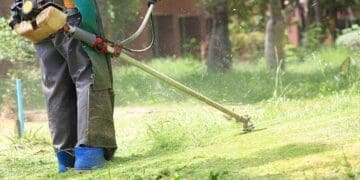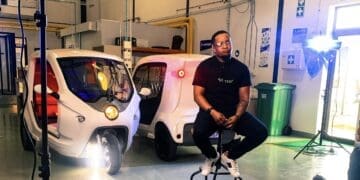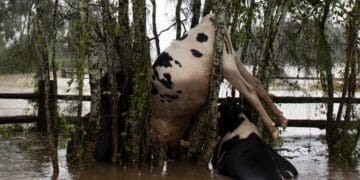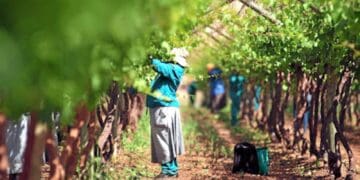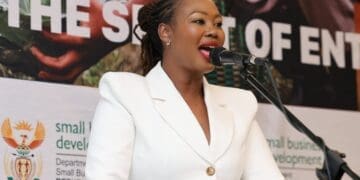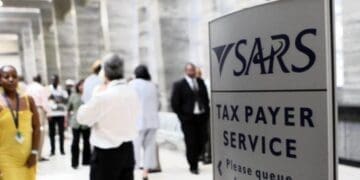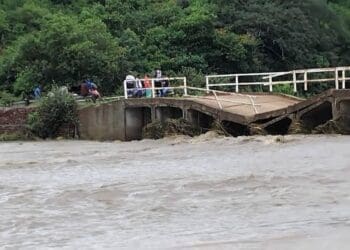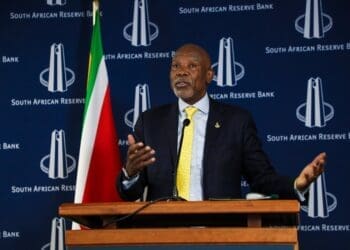By Noko Mashilo
Small business practitioners like Limpopo-based poultry farmer Rosemary Madutung of Rose Chickens in Jane Furse are worried about the impact of the proposed 36% electricity tariff increase. “Poultry farming requires extended lighting hours to optimise chicken growth. The increasing electricity costs are severely cutting into my profits,” she said.
Similarly, small-scale welder Piet Ramapulana from Dendron highlighted the financial strain on his business. “This price hike is crippling me. My services will become more expensive, and I risk losing clients,” he lamented. The Black Entrepreneurs Alliance (BEA) has warned that the proposed hike would have a severe impact on small businesses and low-income households.
The BEA has urged the National Energy Regulator of South Africa (Nersa) to reconsider the proposal, highlighting the significant economic strain it would place on vulnerable communities and emerging entrepreneurs. It emphasised that businesses and households were still reeling from the financial and operational disruptions caused by prolonged load-shedding, which has already hindered economic growth and livelihoods.
The BEA cautioned that such a steep increase in electricity costs would exacerbate existing challenges, jeopardising business sustainability and pushing more families into financial distress. BEA CEO Refilwe Monageng told Vutivi News that if implemented, the price hike would result in a 66% increase in electricity tariffs over the next three years. “This is a recipe for disaster, particularly for small businesses and low-income households that are already struggling to make ends meet. The rising cost of living and unemployment in South Africa cannot withstand yet another financial burden,” Monageng stated.
He further warned that the proposed increase would stifle economic growth, as small businesses would be forced to absorb the higher costs. “This will lead to reduced profitability, job losses, and even business closures,” he added. Monageng also underscored the detrimental impact on low-income households, who already allocated a significant portion of their income to necessities such as electricity. “This hike will push more families into poverty, deepening inequality and social unrest,” he warned.
Additionally, the BEA argued that the increase would undermine efforts to address energy poverty, as many households may be forced to rely on alternative, often unsafe energy sources. “We urge Nersa to reject this proposal and prioritise the interests of the most vulnerable members of our society,” Monageng stated. He further called on Nersa to explore alternative solutions by working with Eskom and other stakeholders to develop a sustainable energy mix, including clean energy procurement from Independent Power Producers.
This would help address the country’s energy challenges without imposing additional financial strain on small businesses and low-income households. Monageng said the BEA would continue engaging with Nersa, Eskom and other key stakeholders to advocate for the protection of small businesses and low-income households.





